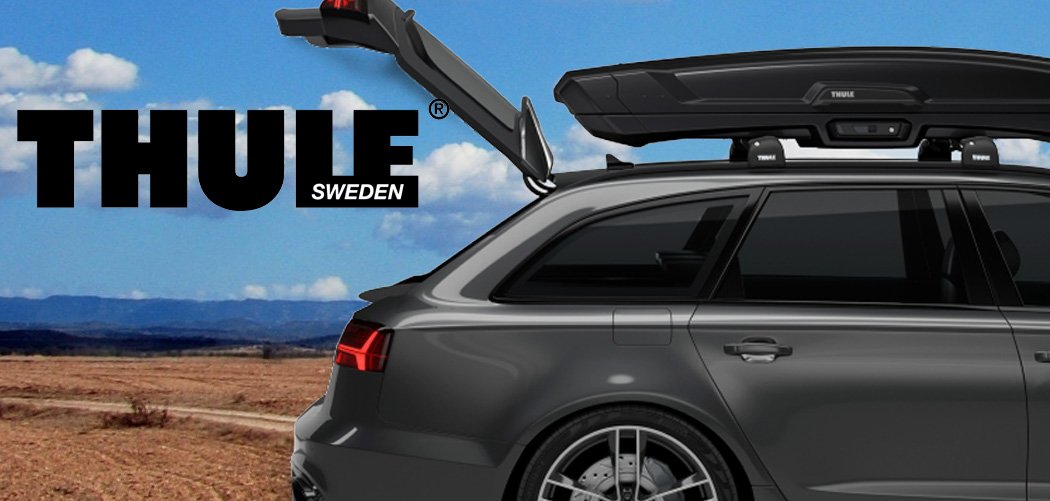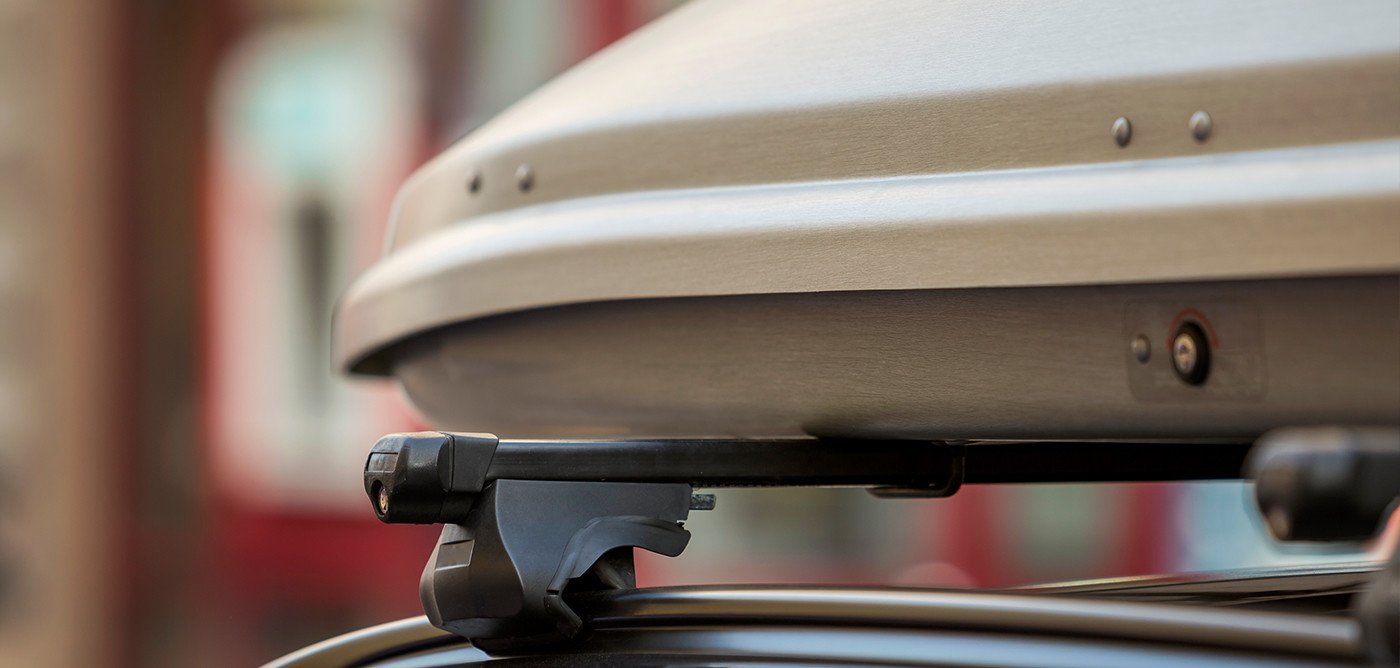Improve aerodynamics, and provide additional protection from the elements. But they also come at a price. So, how much does it cost to install a roof rack on a vehicle?
Roof racks are often installed aftermarket, meaning they’re added onto existing vehicles. This means that installation costs vary depending on the vehicle type, size, and brand.
A roof rack can be expensive to purchase or install. The average cost ranges between $500 and $1,200. If you want to save some cash, consider buying a pre-assembled roof rack instead.
These kits usually include all the necessary parts, including brackets, hardware, screws, and instructions for assembly.
Another option is to rent a roof rack instead of purchasing one. Rentals typically run between $50 and $100 per day, with prices varying based on the length of time needed.
Installing a roof rack can be dangerous if not done correctly. Follow these safety tips before completing any roof rack installation:
Always use proper lifting techniques when installing a roof rack. When lifting items up off of the ground, make sure your hands are clear of the edges of the lift platform. Also, make sure to have someone else hold the load while you work.
Never try to do an installation by yourself. Always hire a professional installer who knows what they are doing. Do not attempt to cut holes in the floorboard or ceiling of your vehicle. Doing so could result in serious injury.
If you plan to mount a roof rack where there may be significant amounts of debris, such as snow or ice, keep this in mind.
Avoid putting heavy objects in areas that will collect waste. Also, ensure the area surrounding the mounting points is free of debris and properly cleared away.
Remember to follow the manufacturer’s installation guidelines no matter which method you choose.
Roof racks are essential upgrades for many types of vans, but how much does it cost to buy them? We took our best guesses about how much to expect to pay for roof racks and other accessories.
The average cost of a roof rack depends on several factors. For example, vehicle type (small pickup vs. SUV) and material options (aluminum versus steel racks) influence pricing. And different brands offer more or more minor features than others.
Table of Contents
Benefits Of Using A Roof Rack
To use a roof rack, you need to decide whether you want a single, dual, or multipurpose roof rack.
Single-purpose roof racks increase your cargo capacity. By attaching your frame only to one side of the vehicle, you can carry larger loads.
However, you will lose access to the passenger compartment on the opposite side. Single-purpose roof rails can also reduce fuel efficiency by restricting airflow through the vehicle.
Dual-purpose roof racks give you the benefits of both single-purpose racks and fixed roof racks.
Dual-purpose racks attach to both sides of the vehicle, allowing you to carry larger loads than single-purpose or fixed roof racks. However, you still won’t be able to access the back seat with a dual-purpose rack.
Fixed roof racks offer the most versatility because they don’t limit access to the passenger compartment like single-purpose racks.
In addition, fixed roof racks provide excellent storage space and often accommodate multiple bikes. They’re also easier to transport and store once you’ve removed them from the vehicle.
Cost Of Roof Racks – Aluminum Vs. Steel
Aluminum roof racks are generally cheaper than metal ones. But aluminum roofs tend to scratch easily and require extra care during installation. Additionally, aluminum racks often rust over time.
On the other hand, steel withstands extreme temperatures and weather conditions better than aluminum. Metal roof racks also last longer and offer greater strength than their plastic counterparts.
However, steel racks are more expensive than aluminum racks. Steel racks can range anywhere from $100 to $600 per rack, depending on materials and design.
Some even cost thousands of dollars. Therefore, if you plan to add a roof rack to your existing van, you should consider the price before purchasing.
Materials Used In Roof Racks
When shopping for a roof rack, you’ll notice plenty of choices: steel, aluminum, and composite materials. Each option offers its own set of pros and cons. Here’s a quick overview of some of the main differences between each type.
Metal Roof Racks
Most roof racks made out of metal are built using extruded aluminum or stainless steel. These racks usually come with pre-cut slots that allow you to attach them directly to the car’s body.
Once mounted, a locking mechanism secures the rack by preventing the rack from sliding around the vehicle. Some metal roof racks also feature an integrated hitch receiver, so you can connect the rack to the trailer hitches on your truck or trailer.
This type of roof rack is ideal if you want a sturdy, durable rack that works well at high speeds but doesn’t get damaged easily. Unfortunately, metal racks may not look very nice.
Many people prefer the sleek lines of composite racks, especially those made from carbon fiber. Composite roof racks are typically lighter than aluminum racks and offer higher protection against rusting.
Composite Roof Racks
Composite racks can be made from aluminum or stainless steel like metal racks. However, composite racks use an injection mold process instead of an extrusion method.
This results in more robust, less brittle materials that resist cracking and tearing. The end result is a lightweight yet durable and strong rack that lasts for years.
As opposed to metal racks, composite racks aren’t as easy to mount onto vehicles. You have to drill holes into the car’s roof, which means you need tools to install these types of racks.
Also, composite racks are significantly heavier than metal racks. For this reason, many owners opt to remove the rack when they park their vehicle.
Conclusion
To conclude, there isn’t one best material for all situations. Steel, aluminum, and composite roof racks work great for different purposes.
Metal racks are affordable and offer the most flexibility, but some owners might find them unattractive.
While composite racks are heavy and difficult to install, some customers love their durability and long life span.




